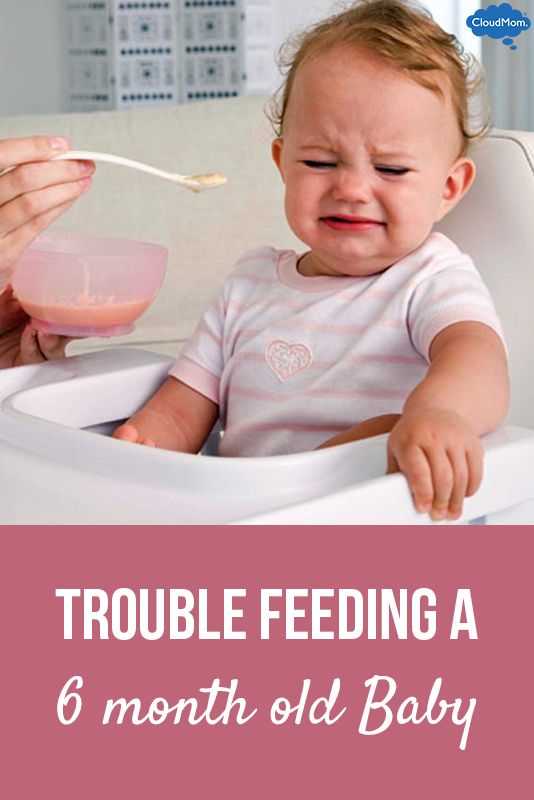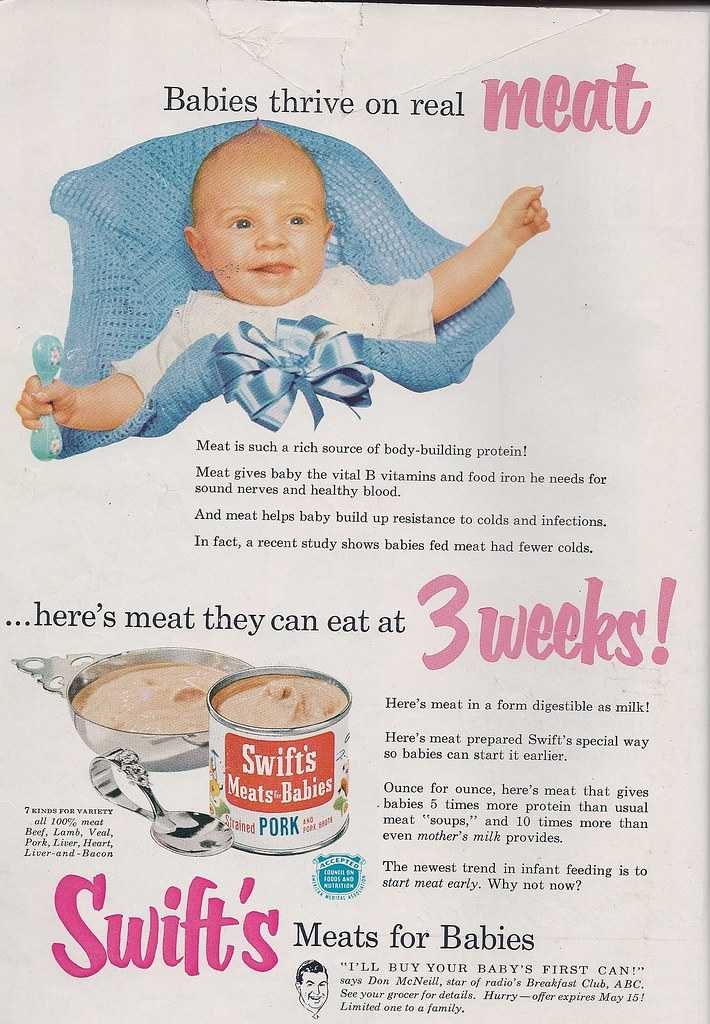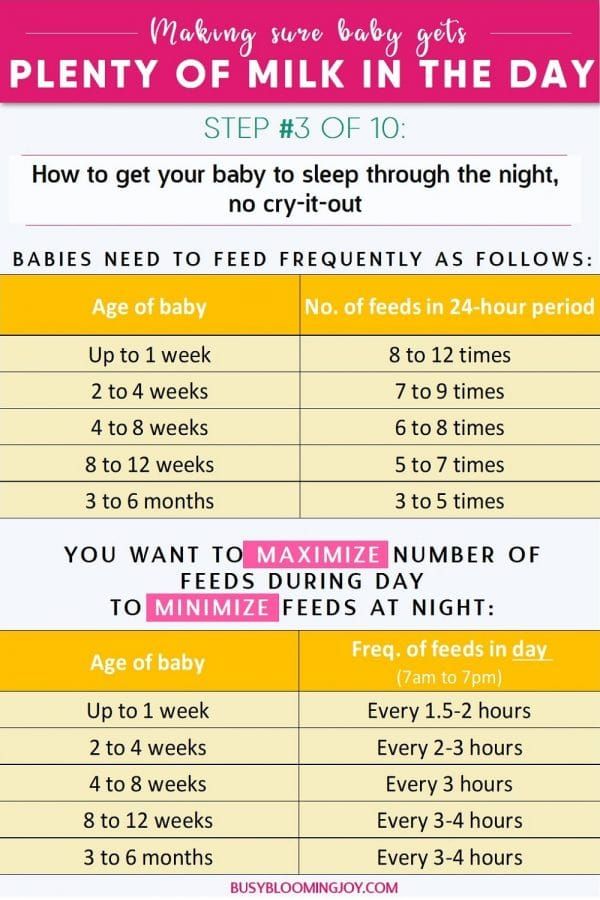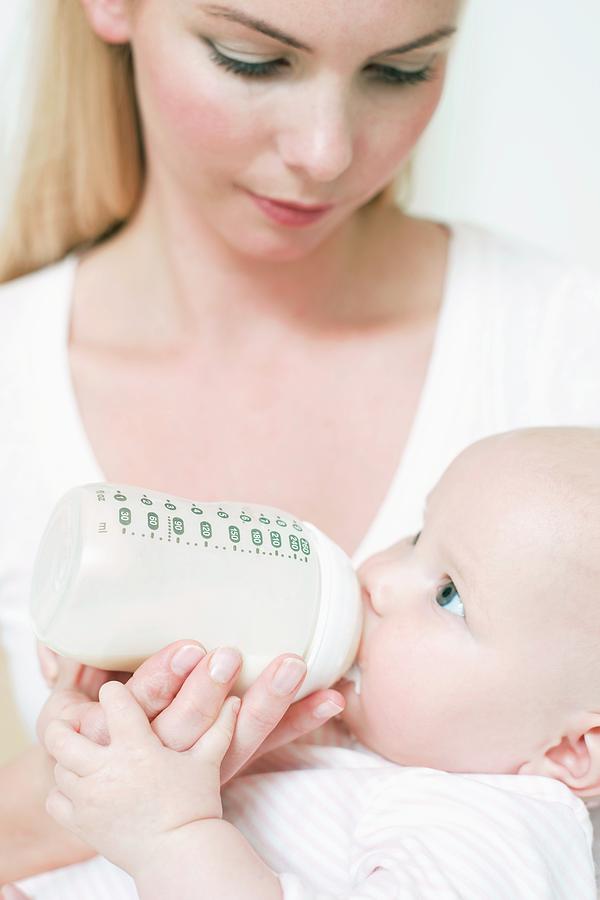Trained night feeder baby
Trained Night Feeder | Children’s Doctor Tucson, AZ
Home >> Services and Information >> Trained Night Feeder
THE PROBLEM
Your child is over 4 months of age and awakes and cries to be fed one or more times during the night. This behavior usually occurs every night and has been present since birth. Such a child is called a “trained night feeder.” The child is usually bottle-fed or breast-fed at bedtime until he falls asleep. When he awakens in the night, he is not tired; you and your spouse are.
From birth to 2 months of age, most babies normally awaken twice each night for feedings. Between 2 and 3 months, most need one middle-of-the-night feeding. By 4 months, about 90% of infants sleep more than eight consecutive hours without feeding. Normal children at this age (and premature babies who have reached 11 pounds) do not need any calories during the night to remain healthy.
Several factors can cause a child to become a trained night feeder:
- Nursing or bottle-feeding the baby to sleep.
If your child’s last memory before falling asleep is sucking the breast or bottle, this becomes his security (transitional) object. A transitional object is something, like a blanket or teddy bear that helps a child cross over from wakefulness into sleep. A child who falls asleep while being fed does not learn to comfort himself and put himself to sleep. When he awakens during the night, as most children normally do following each sleep cycle, he cannot return to sleep without the breast or bottle.
- Leaving a bottle in the crib is a no-no. In addition to promoting sleep problems, leaving a bottle in the crib (unless it contains only water) can lead to a form of severe tooth decay known as “ baby bottle caries.” It can also cause ear infections because milk can travel easily from the throat to the ear through the Eustachian tube when the baby drinks lying down.
- Offering frequent daytime feedings. Some mothers misinterpret “feeding on demand” to mean “feed the baby every time he cries.
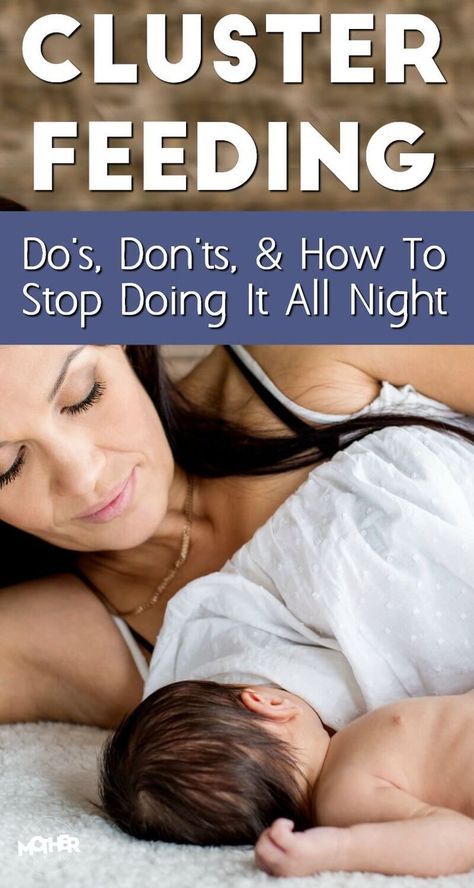 ” This can lead to feedings as often as every 30 to 60 minutes. The baby’s stomach gets conditioned to being fed small amounts frequently instead of waiting at least two hours before feeding at birth, and waiting at least four hours by 4 months of age. As a result, the baby will have hunger pangs during the night and wake up several times to be fed. This habit is called “grazing.” It occurs more often in breast-fed babies whose mothers use nursing as a pacifier, instead of a satisfier. Excessive fluid from frequent night feeding also increase awakenings caused by soaked diapers. This in turn will increase the chance your little one will develop a diaper rash.
” This can lead to feedings as often as every 30 to 60 minutes. The baby’s stomach gets conditioned to being fed small amounts frequently instead of waiting at least two hours before feeding at birth, and waiting at least four hours by 4 months of age. As a result, the baby will have hunger pangs during the night and wake up several times to be fed. This habit is called “grazing.” It occurs more often in breast-fed babies whose mothers use nursing as a pacifier, instead of a satisfier. Excessive fluid from frequent night feeding also increase awakenings caused by soaked diapers. This in turn will increase the chance your little one will develop a diaper rash.
If you follow the basic recommendations outlined below, your child’s sleep habits will usually start to improve within two weeks. The older the child, the harder it is to change her sleep habits. Infants over 1 years of age will vigorously protest any change and fight sleep through the night until they are 3 or 4 years of age, when busy daytime schedules finally exhaust them. By that time, of course, you’ll be exhausted too.
By that time, of course, you’ll be exhausted too.
THE SOLUTION
Gradually lengthen the intervals between daytime feedings to four hours or more. Nighttime feeding intervals cannot be extended if the daytime intervals are short. Gradually postpone daytime feeding times until they are more normal for your child’s age. If you currently feed your baby every hour, go to 1 ½ hours. If he cries, provide cuddling and a pacifier. It is important to provide your baby with periods of holding and cuddling separate from feeding times.
For every time you feed your baby, there should be four or five times that you snuggle him without feeding. When you baby accepts a 1 ½-hour schedule, go to two hours. The feeding interval will increase to three or four hours by four months of age when I start most babies on solids.
At naptime and bedtime, place your baby in the crib drowsy but awake. When your baby starts to act drowsy, place her in the crib. If she is very fussy, rock her until she settles down or is almost asleep, but stop before she’s fully asleep.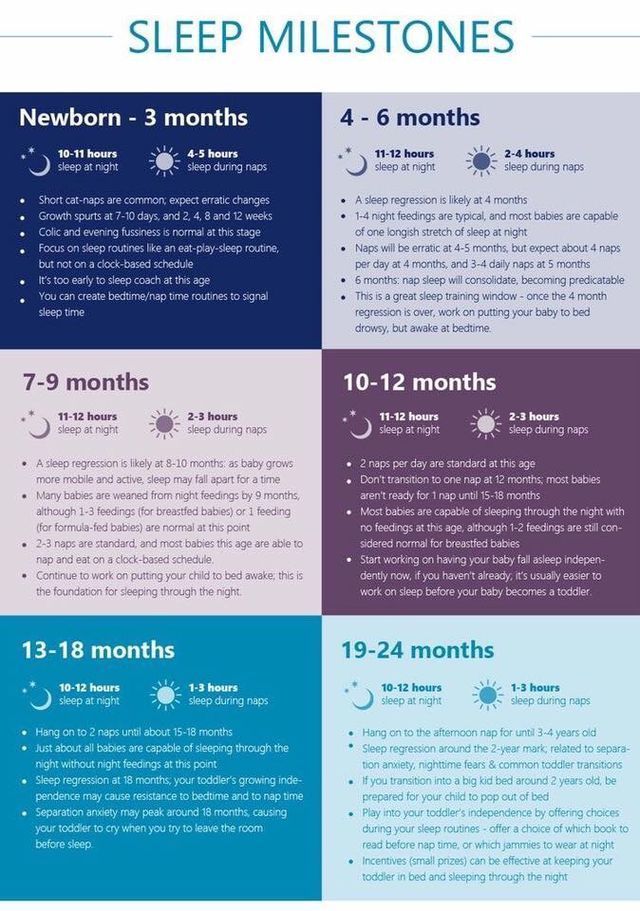 If she falls asleep at the breast or bottle, it is best to awaken her. To help dissociate feeding from the bedtime ritual, consider feeding her one hour before bedtime or naptime. Her last waking memory needs to be of the crib and mattress, not the breast or bottle. She needs to learn to put herself to sleep. She will need this self quieting skill to cope with normal awakenings at night.
If she falls asleep at the breast or bottle, it is best to awaken her. To help dissociate feeding from the bedtime ritual, consider feeding her one hour before bedtime or naptime. Her last waking memory needs to be of the crib and mattress, not the breast or bottle. She needs to learn to put herself to sleep. She will need this self quieting skill to cope with normal awakenings at night.
When your baby cries at naptime or bedtime, make brief contact every five to 15 minutes. Visit your baby before he becomes very upset and difficult to console. Younger or more sensitive infants may need to be checked on every five minutes.
Gradually stretch out the interval between visits. Make these visits supportive, but brief and boring. Leave the lights off, stay in the room less than one minute and leave your child in the crib; no rocking, playing or moving him anywhere. Act sleepy. Whisper, “Shhh, everyone’s sleeping.” This brief contact will encourage your baby to eventually go back to sleep.![]()
When your baby cries in the middle of the night, rock her to sleep temporarily. Until your child learns how to put herself to sleep at naps and bedtime, make middle-of-the-night awakenings as easy as possible for everyone. If she fusses for less than five or ten minutes, respond as you would at bedtime. If she cries longer, take her out of the crib and rock her to sleep. Leave the lights off and keep her in the room. Stay quiet and act tired.
Feed your baby only once during the night. After the last feeding of the day-usually between 8 and 10 p.m., depending on your baby’s age- feed him only once during the night and only after four or more hours have passed since the last feeding. Make this nighttime feeding brief and boring. If it takes more than 20 minutes, you are handling or burping the baby too much.
Eventually, phase out the last nighttime feeding. Do this only after the intervals between daytime feedings are longer than three hours AND your child can put herself to sleep without feeding or rocking. Gradually reduce the amount you feed your baby at night. For bottle-fed babies, decrease the amount of formula you give by one ounce every two to three nights. For breast fed babies, nurse on just one side and for two minutes less every two to three nights. After one or two weeks, your infant will no longer crave food at night. You can also expect your child to return to sleep without holding or rocking after nighttime awakenings.
Gradually reduce the amount you feed your baby at night. For bottle-fed babies, decrease the amount of formula you give by one ounce every two to three nights. For breast fed babies, nurse on just one side and for two minutes less every two to three nights. After one or two weeks, your infant will no longer crave food at night. You can also expect your child to return to sleep without holding or rocking after nighttime awakenings.
Do not put a bottle in your baby’s crib. You can avoid this problem by feeding your baby an hour before naptime or bedtime, as mentioned earlier. If you feed him at bedtime, you hold the bottle. If he needs to suck on something to help him go to sleep, offer a pacifier or help him find his thumb. Thumb sucking is a natural, soothing drive at this age. Also, feed him some place other than the bedroom. Try to separate mealtime from naptime or bedtime.
Help your child attach to a security object. A security object, such as a cuddly stuffed animal, soft toy, doll, or blanket, can provide a source of reassurance and help your child separate from you.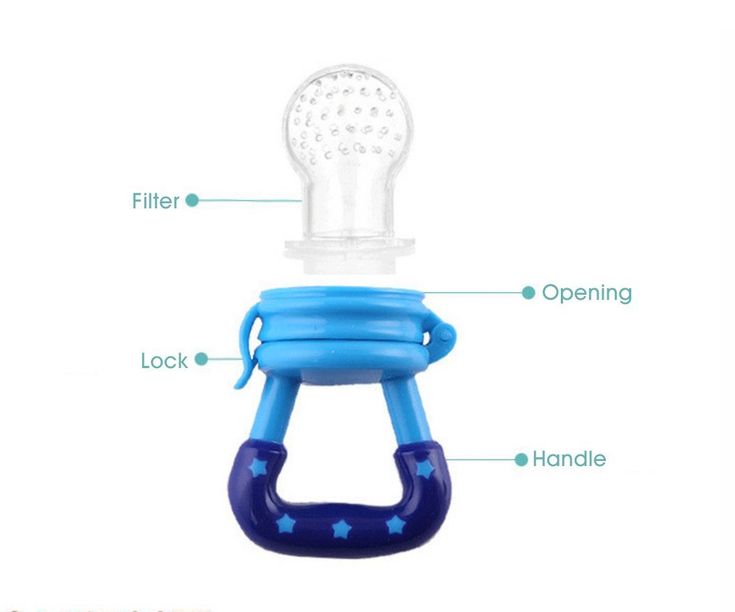 Sometimes covering a stuffed animal with one of the parent’s T-shirts helps the child accept it. Include the security object whenever you cuddle or rock your child during the day. Also include it in the bedtime ritual by weaving it into your storytelling and tucking it into the crib next to your child. Eventually, she will hold and stroke the security object at bedtime in place of you. Do not keep the crib in your bedroom, if possible. If the crib is in your bedroom, move it to a separate room. If this is impossible, cover one of the side rails with a blanket so your baby can’t see you when he awakens.
Sometimes covering a stuffed animal with one of the parent’s T-shirts helps the child accept it. Include the security object whenever you cuddle or rock your child during the day. Also include it in the bedtime ritual by weaving it into your storytelling and tucking it into the crib next to your child. Eventually, she will hold and stroke the security object at bedtime in place of you. Do not keep the crib in your bedroom, if possible. If the crib is in your bedroom, move it to a separate room. If this is impossible, cover one of the side rails with a blanket so your baby can’t see you when he awakens.
Eliminate long daytime naps. After your baby has napped for two hours during the day, awaken her. If she is in the habit of taking three naps during the day, try to change her habit to two naps a day by delaying the first nap.
Leave her in the wet diaper overnight. Change the diaper only if it is soiled or you are treating a bad diaper rash. If you must change your child, use as little light as possible (a flashlight, for example), do it quietly, and don’t provide any entertainment.![]()
If your child won’t lie down in the crib, leave her in the standing position. Try to get her to settle down and lie down. If she refuses or pulls herself back up, leave her that way. She can lie down without your help. Encouraging her to lie down soon becomes a game.
Keep a sleep diary. Take note of the time your child awakens in the morning, when and how long he naps during the day, and what you did to put him to sleep. At bedtime, record the time he went to sleep, how long it took, and what you did. For each time your child awakens at night, record the time, how long he was awake, and what you did. Bring the diary to the next visit.
CALL MY OFFICE DURING REGULAR HOURS IF:
- You’re concerned that your child is not gaining adequate weight.
- Your child acts sick
- You think the crying has a physical cause.
- Your child acts fearful.
- Someone in your family cannot tolerate the crying.
- The steps outlined here do not improve your child’s sleeping habits within two weeks.

- You have other questions or concerns.
|
Up to what age to feed the baby at night and how to replace formula
Baby formula is only a forced measure to replace mother's milk in the absence of sufficient lactation or underweight in the baby. In all other respects, the infant formula feeding algorithm remains the same as with breastfeeding. The baby also needs nightly feedings about every 3-4 hours. This is due to scientifically proven facts. Babies up to a year old have an accelerated metabolism, food is digested faster, and naturally, they experience hunger at night. Also, any anxiety of the baby at night forces him to demand his mother's participation, and of course - food as a sedative. There is even a theory that children are genetically woken up to eat to avoid "Sudden Infant Death Syndrome" in their sleep.
But also can't it continue indefinitely? The child grows, develops actively, from the age of 6 months receives a variety of complementary foods, and over time should form a normal daily routine. And for this you need to figure out: how to wean a child at night to eat the mixture in the most gentle ways.
And for this you need to figure out: how to wean a child at night to eat the mixture in the most gentle ways.
Up to what age to give the mixture at night
Experts differ on this issue, but the average age when you can do without night feedings is nevertheless deduced. Infants with normal development can sleep peacefully at night without formula 10-12 hours from 9-12 months. Of course, if parents do not consider it necessary to restrict their child in nutrition, they can safely continue to feed their child at night and beyond. But they must be aware that, firstly, over time, these periods of eating become just a habit for the baby. And secondly, mothers should also think about their own well-being after sleepless nights. So, the approximate age of weaning a child from night feedings has been determined, it remains to find out how to replace the mixture for the night after a year for the first time of the transition to a new regimen.
Night formula alternative
Formula feeding formula is extremely nutritious and tasty food for your baby.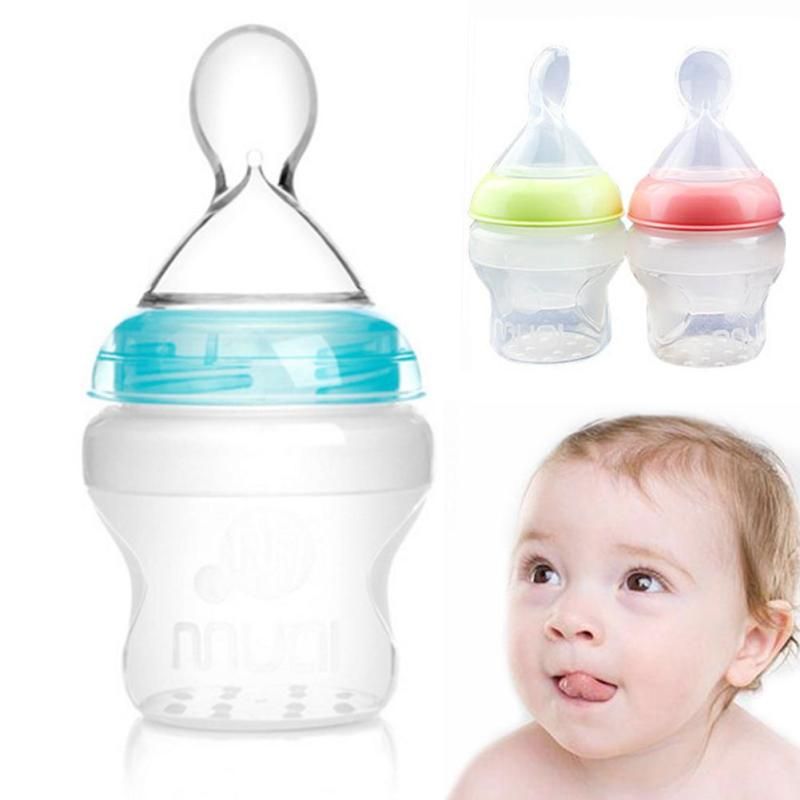 Therefore, the nightly replacement should be unequal, so that the baby subsequently feels that he does not need to wake up for such food. For these reasons, many mothers, thinking about how to replace the mixture for the night, use not the best products. It is strongly not recommended to use compotes or juices, because the ultimate goal is a complete and painless rejection of night food. In addition, fruit drinking can cause flatulence and abdominal pain - not the most favorable factors for restful sleep.
Therefore, the nightly replacement should be unequal, so that the baby subsequently feels that he does not need to wake up for such food. For these reasons, many mothers, thinking about how to replace the mixture for the night, use not the best products. It is strongly not recommended to use compotes or juices, because the ultimate goal is a complete and painless rejection of night food. In addition, fruit drinking can cause flatulence and abdominal pain - not the most favorable factors for restful sleep.
It is better to replace the traditional food at first with a well-diluted mixture, and then with clean water. At the same time, you need to try to slightly shift the period of falling asleep and provide the child with peace and a hearty dinner before going to bed. During the gradual transition to a new way of life, it is not necessary to immediately offer a diluted mixture to the awakened baby at night, it is better to try to calm him down in a different way - caress, rock him.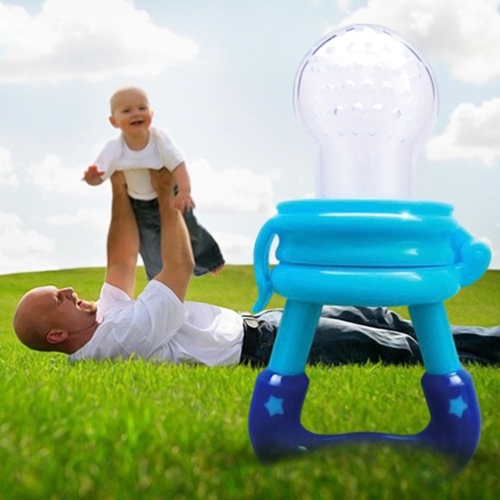 And since night meals a priori will cease to be delicious food, the child himself will gradually forget about it, but the wise human body will be rebuilt anyway.
And since night meals a priori will cease to be delicious food, the child himself will gradually forget about it, but the wise human body will be rebuilt anyway.
How to wean a child from night feedings
The child is already one and a half years old, but does he still wake up at night and demand to eat? Many parents face this problem. Someone in such cases is trying to rock, others offer to breastfeed, others give some water or milk formula. And what is the right thing to do in such a situation?
Responsible Olga Valerievna Alekseeva , Head Pediatric Branch Krasnoyarskaya Interdistrict Clinical No. and . C . Berzona :
- A breastfed baby can receive mother's milk at night, even if he is over a year old.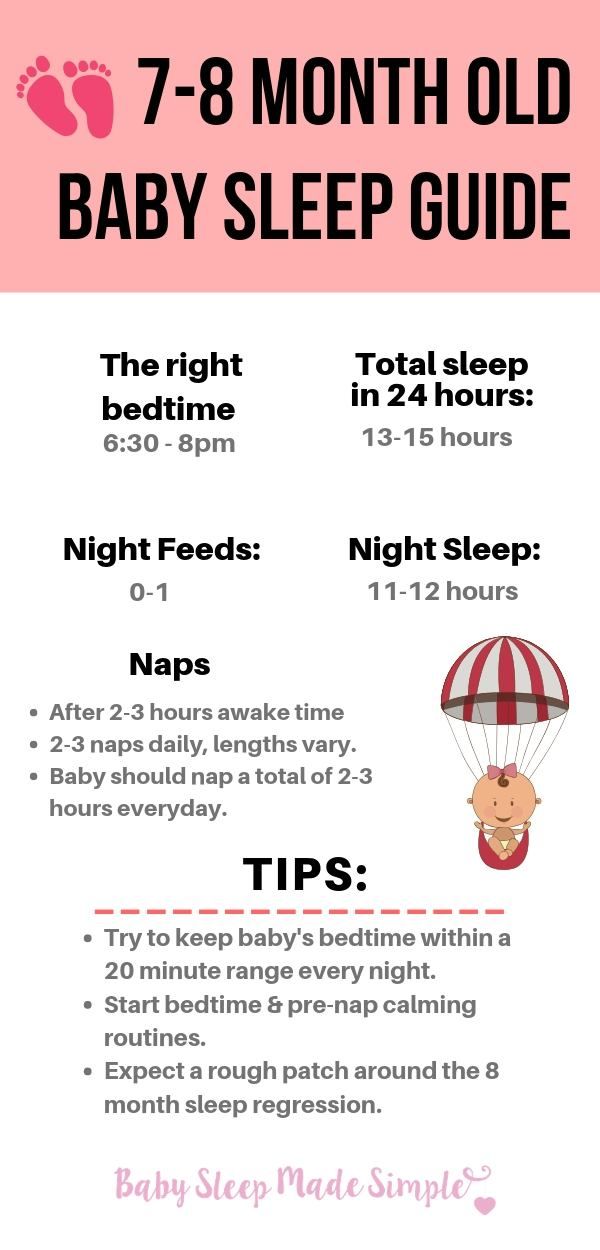 Of course, if the child sleeps all night, it is not necessary to wake him up. But if he asks, you can give a breast. Breast milk is digested much easier than other products. With bottle-fed babies, the issue is somewhat more complicated, if the child is used to receiving formula at night, then it is recommended that at about the same time (a year and a half) wean from night feedings.
Of course, if the child sleeps all night, it is not necessary to wake him up. But if he asks, you can give a breast. Breast milk is digested much easier than other products. With bottle-fed babies, the issue is somewhat more complicated, if the child is used to receiving formula at night, then it is recommended that at about the same time (a year and a half) wean from night feedings.
Why at night is harmful ?
Dentists often write in scientific articles about dental problems in children who, day and night, do not part with a bottle of sweet tea or juice. Frequent intake of something sweet, especially at night, leads to cavities and more serious dental problems. Therefore, it is highly recommended to avoid sugary drinks at night, even if it is fruit yogurt or “no added sugar” baby juice (juices still contain fruit acids, which can also be dangerous for enamel).
Another reason why you should not eat at night is the mode of operation of the gastrointestinal tract.![]() Eating is a load on the digestive glands, which must also rest at night. Ideally, the child's nutrition should be according to the regimen: three main meals (breakfast, lunch, dinner) and 2-3 additional (for example, second breakfast, afternoon tea, milk drink at night, without any other snacks) and about one and the same time. Then the body will be better prepared for eating, the process of digestion will be better. How to teach a baby to eat from a very early age, so he, most likely, will eat in the future.
Eating is a load on the digestive glands, which must also rest at night. Ideally, the child's nutrition should be according to the regimen: three main meals (breakfast, lunch, dinner) and 2-3 additional (for example, second breakfast, afternoon tea, milk drink at night, without any other snacks) and about one and the same time. Then the body will be better prepared for eating, the process of digestion will be better. How to teach a baby to eat from a very early age, so he, most likely, will eat in the future.
How Tig a Child is ?
If is waking up at night and not may fall asleep food , first 9 900 99 9 find out , enough whether him food in the afternoon . Maybe he's really hungry at night. Before canceling nightly meals, it is necessary to assess the weight and height of the baby (whether there is a deficiency), and also compare his daily diet with that due to age. If it is difficult for the mother to do this herself, you need to contact the pediatrician.
Maybe he's really hungry at night. Before canceling nightly meals, it is necessary to assess the weight and height of the baby (whether there is a deficiency), and also compare his daily diet with that due to age. If it is difficult for the mother to do this herself, you need to contact the pediatrician.
You can adjust the diet, for example, by “strengthening” dinner: if the child usually eats vegetables, give porridge instead, it will give better satiety and reduce the likelihood that the child will wake up hungry at night. If the baby is on formula, special evening formulas can be used before bedtime, milk drinks levels 3 and 4 are an important part of the nutrition of a child over one year old. After correcting the daily diet, it is necessary to gradually reduce the amount of mixture or kefir that the child eats at night. For caloric content, the child now does not need them, it's just a habit. A simple trick will help prevent stress, make the rejection of the nutrient mixture less painful: dilute the baby food with water, gradually reduce the percentage of the mixture.

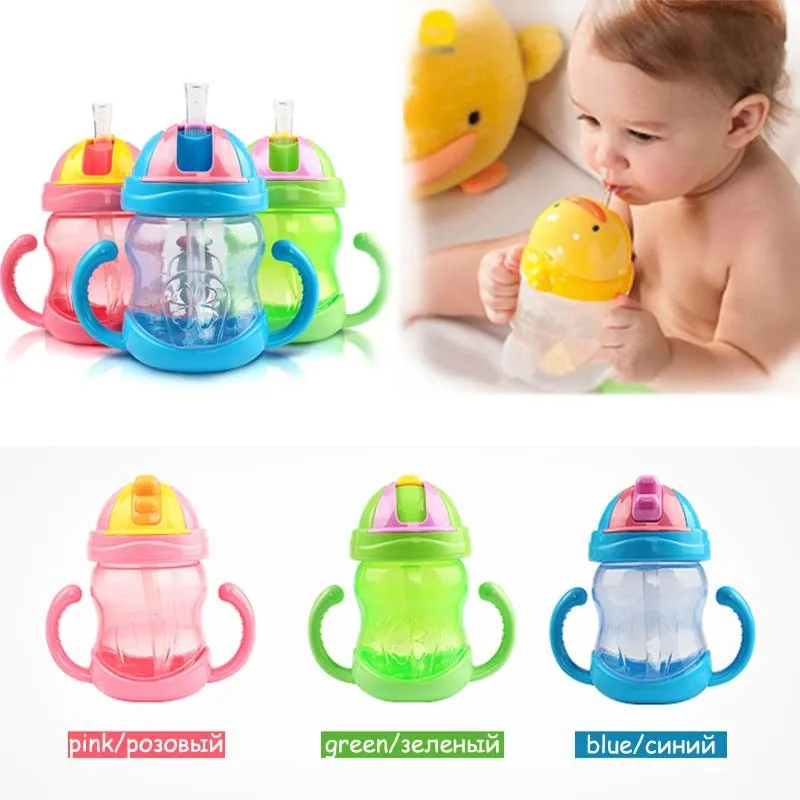 Most breast-fed babies can
sleep through the night by 5 months of age. Normal children
of this age do not need calories during the night to stay
healthy.
Most breast-fed babies can
sleep through the night by 5 months of age. Normal children
of this age do not need calories during the night to stay
healthy.

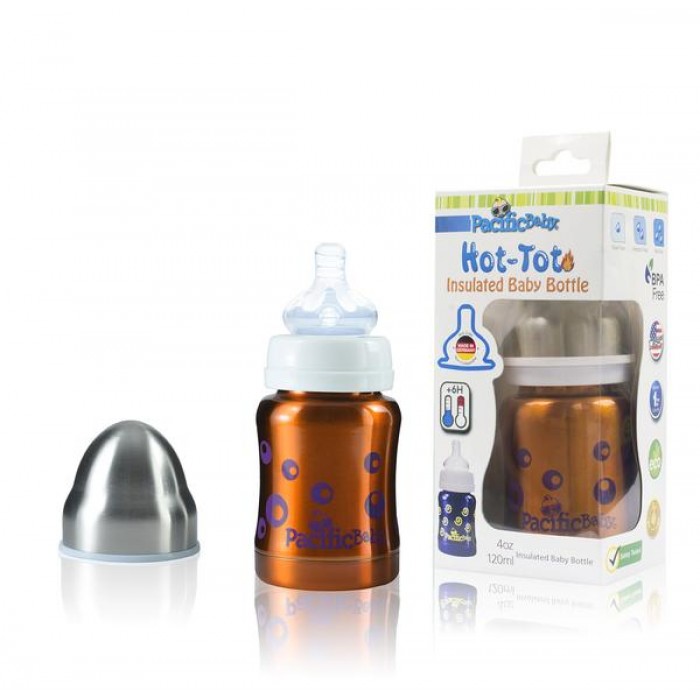 The older your
child is, the harder it will be to change your child's
habits. Children over 1 year old will fight sleep even when
they are tired. They will vigorously protest any change and
may cry for hours. However, if you don't take these steps,
your child won't start sleeping through the night until 3 or
4 years of age, when busy daytime schedules finally exhaust
your child.
The older your
child is, the harder it will be to change your child's
habits. Children over 1 year old will fight sleep even when
they are tired. They will vigorously protest any change and
may cry for hours. However, if you don't take these steps,
your child won't start sleeping through the night until 3 or
4 years of age, when busy daytime schedules finally exhaust
your child.
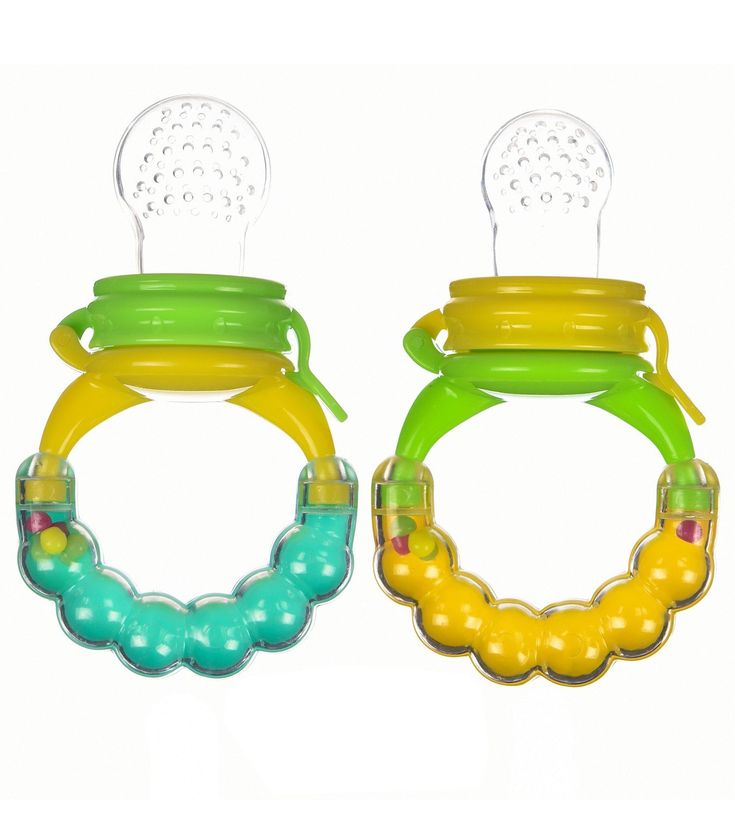 Gradually postpone daytime feeding
times until they are more normal for your baby's age.
If you currently feed your baby hourly, increase the
time between feedings to 1 and 1/2 hours. When your
baby accepts the new schedule, go to 2 hours between
feedings. When your baby cries, cuddle him or give him
a pacifier. Your goal for a formula-fed baby is to give
him 4 bottles a day by 4 months of age. Breast-fed
babies often need five feedings each day until they are
6 months old, when solid foods are added to their diet.
If your child is over 6 months old, also introduce cup
feedings.
Gradually postpone daytime feeding
times until they are more normal for your baby's age.
If you currently feed your baby hourly, increase the
time between feedings to 1 and 1/2 hours. When your
baby accepts the new schedule, go to 2 hours between
feedings. When your baby cries, cuddle him or give him
a pacifier. Your goal for a formula-fed baby is to give
him 4 bottles a day by 4 months of age. Breast-fed
babies often need five feedings each day until they are
6 months old, when solid foods are added to their diet.
If your child is over 6 months old, also introduce cup
feedings.
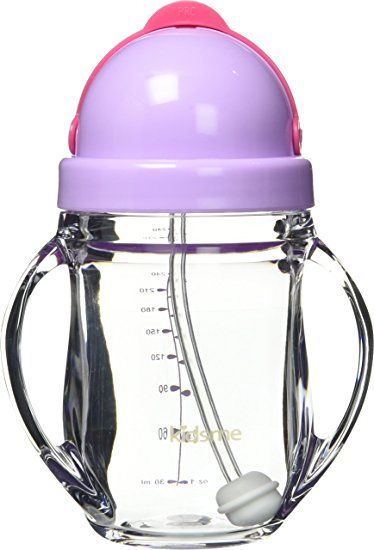 To
help your baby not think of feeding at bedtime, consider
feeding her 1 hour before bedtime or before a nap. Your
baby's last waking memory needs to be of the crib and
mattress, not of the breast or bottle. She needs to
learn to put herself to sleep. Your baby needs to
develop this skill so she can put herself to sleep when
she wakes up at night.
To
help your baby not think of feeding at bedtime, consider
feeding her 1 hour before bedtime or before a nap. Your
baby's last waking memory needs to be of the crib and
mattress, not of the breast or bottle. She needs to
learn to put herself to sleep. Your baby needs to
develop this skill so she can put herself to sleep when
she wakes up at night.
 This brief
contact will not reward your baby enough for him to want
to continue the behavior.
This brief
contact will not reward your baby enough for him to want
to continue the behavior.
 Stop it
before your child falls asleep, and replace it with
holding only.
Stop it
before your child falls asleep, and replace it with
holding only.
 Also include it in your ritual
before bedtime by weaving it into your storytelling.
Tuck it into the crib next to your child. Eventually,
your child will hold and cuddle the stuffed animal or
doll at bedtime in place of you.
Also include it in your ritual
before bedtime by weaving it into your storytelling.
Tuck it into the crib next to your child. Eventually,
your child will hold and cuddle the stuffed animal or
doll at bedtime in place of you.

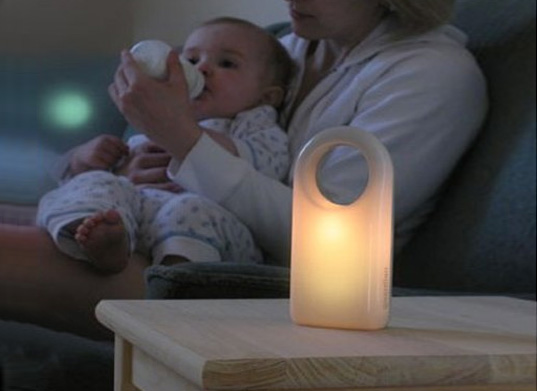 If he refuses or pulls himself back up, leave him
that way. He can lie down without your help.
Encouraging your child to lie down soon becomes a
game.
If he refuses or pulls himself back up, leave him
that way. He can lie down without your help.
Encouraging your child to lie down soon becomes a
game.


